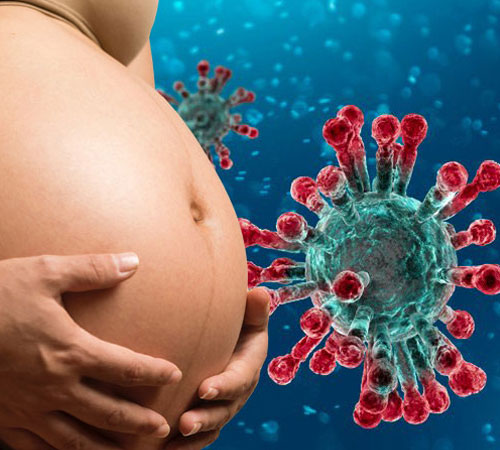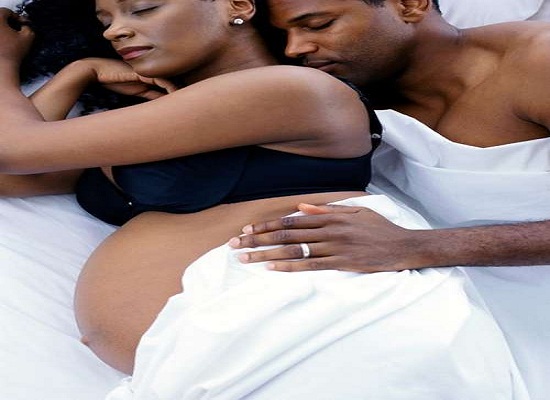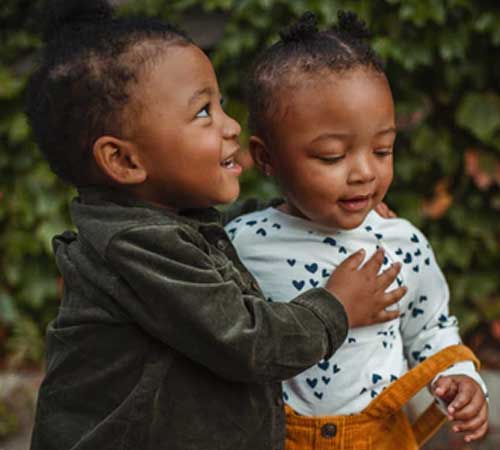
 Pregnancy and coronavirus are some of the highest concerns that women have expressed of late.
Pregnancy and coronavirus are some of the highest concerns that women have expressed of late.
Indeed, most women that are pregnant now are anxious and somewhat confused.
If you belong to this category, your worries are totally understandable.
Basically, some of these concerns about pregnancy and coronavirus are:
The health of that precious fetus, when the time for delivery arrives, and the succeeding months after that; whether it’s possible your unborn child contracts the virus from you?
How would the breastfeeding process go? How will…?
Here’s What You Should Know About Pregnancy And Coronavirus
Even with data and advice changing frequently, the good news is that so far, the risks appear to be same for everyone.
Pregnant women do not appear particularly vulnerable to the illness.
Categorically, they do not seem to be able to pass the virus to their babies in the uterus.
It is not also transmitted through the breast milk.
But it is possible for infants to get COVID-19.
This is why pregnant women should continue to practice social distancing, healthy hygiene, and seek professional support.
Again, most infants with the condition tend to farewell.
Now, you can lay your back against something cozy for the rest of this read:
Pregnant Women Don’t Seem Particularly Susceptible To The Illness
The information available so far about pregnancy and coronavirus is thin. But it appears that pregnant women are no more likely than anyone else to have severe symptoms from the coronavirus.
In an analysis of 147 women, only 8 percent had severe disease and 1 percent were in critical condition, according to a report published on February 28, by the World Health Organization.
An OB-GYN Dr. Jane Van Dis, thinks that while pregnancy no doubt weakens the immune system, it doesn’t seem to render women susceptible to COVID-19 the way age or conditions like lung or heart disease does.
“While I think pregnant women should practice every degree of social distancing that they can because that is just smart, I don’t think pregnant women should feel a sense of panic,” she said.
“We’re just not seeing the data to show that the virus is attacking their immune system in the same way as someone, say, over the age of 70.”
We all can agree it is still soon to conclude on the consequences for these women’s babies.
But the statistics so far has shown that it is evident that infants born to women with an infection seemed free of the virus. Most of them are healthy at birth.
Pregnant Women Should Still Take Social Distancing Seriously
As you may already know, there is currently no vaccine to prevent contracting the novel coronavirus.
Hence, your best bet is to stick to recommendations on how to prevent yourself from contracting COVID-19.
According to the American College of Obstetricians and Gynecologists, “because pregnant women are generally at greater risk of severe morbidity and mortality from other respiratory infections like the flu, they “should be considered an at-risk population for COVID-19”.
What this means for you is strict adherence to the social distancing policies. Have someone do the shopping and run your errands outside the house.
Remaining diligent to your hygiene and avoiding sick or even healthy-looking people is great.
There have been hundreds of cases where some persons did not show any symptoms, yet they are infected.
Better safe than sorry.
Pregnant Women With Covid-19 Don’t Seem To Pass It To Their Babies In Uterus, But Infants Can Still Get It After Birth
Notwithstanding increasing reports of babies testing positive for coronavirus, there’s still no medical evidence that pregnant women with COVID-19 can pass it on in uterus.
A Lancet study of 9 pregnant women in Wuhan who had coronavirus found their babies tested negative. There was no evidence of the virus in breast milk, amniotic fluid, or cord blood, either.
Nevertheless, babies and infants can be infected, though it seems to only happen after birth.
And while babies and children seem to be less vulnerable to the virus than adults, they can contract it. In some cases, it can be serious.
In recent research carried out of 2,000 kids in China who were diagnosed with COVID-19, researchers found that infants have the highest risk of developing severe or critical infections.
Just over 10% of all infants in the study ended up in a severe condition, compared to 7% of kids aged one to five years old, 4% of six- to 10-year-olds, 4% of 11- to 15-year-olds, and 3% of older teenagers.
However, 90% of the children were either asymptomatic or had mild or moderate COVID-19 symptoms. Some presented fever, fatigue, sore throat, cough, or shortness of breath.
Putting To Bed With Covid-19 Can Make Other Complications More Likely, But Babies Can Still Be Breastfed
Like any respiratory illness, coronavirus can make it more likely for pregnant women to have complications, like preterm birth, reports the CDC.
They recommend then that pregnant women who gave birth be separated from their infants until they were no longer infectious.
After delivery, the CDC agrees it is safe for pregnant women with coronavirus to breastfeed as there’s no sign that the virus can pass through breastmilk.
However, it is safe to wear a mask, though, and naturally, wash their hands thoroughly beforehand.
But if you want to take extra precaution, think about pumping milk and then having someone else feed the baby, until the coast is clear.
Seek help and support
As you might have sensed, there’s a lot experts are yet to know about pregnancy and coronavirus.
Sadly, not much information is available about this and it natural to feel anxious about the unknown.
All the same, too much exposure, especially from sketchy sources, can leave anyone, especially pregnant women, more disturbed.
Have you read: Covid-19: Best self-care tips for mums
So, by all means, attempt to limit your consumption of coronavirus related news this period.
If you must, it should only be from trusted sources like: who.int, ncdc.gov.ng, health.gov.ng.
It’s also important to reach out to friends, mental health professionals, or both for social support during such an isolating time.
Expect the mood swings. When they hit, remember that connecting with loved ones, leaning in for support, is essential for mental health.
The Risks, So Far, Seem No Greater Than For Anyone Else, But The Research Is Thin
As far as we know, the only reports of newborns with serious complications, were of infants tested either hours after they were born or the ones who had direct contact with the infected mothers because the women were not diagnosed for COVID-19 before delivery.
“With proper isolation and strict protocol, there should be a good chance to have a healthy baby,” says Dr. Zhang.
Also, he emphasised that his study offered “good news” only to women in late pregnancy.
“We should be very careful not to mislead other groups of pregnant women,” he said.
“We don’t know the real effect of the virus on women in early pregnancy.”



